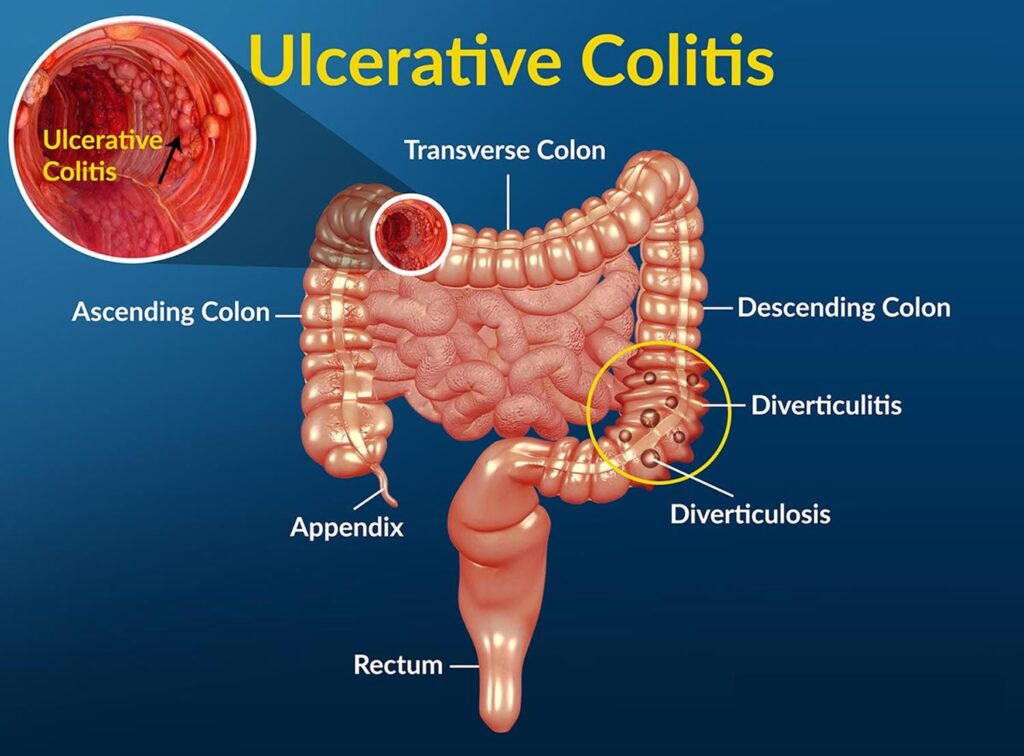Yes, pregnancy and childbirth can contribute to pelvic floor disorders. The pelvic floor is a group of muscles, ligaments, and tissues that support the organs in the pelvis, including the bladder, uterus, and rectum. During pregnancy, the growing uterus and the hormonal changes that occur can place increased pressure on the pelvic floor.
Childbirth, especially vaginal delivery, can further strain and stretch the pelvic floor muscles and tissues. This can lead to various pelvic floor disorders, such as:
1-Pelvic Organ Prolapse (POP): This occurs when the pelvic organs, such as the bladder, uterus, or rectum, descend into the vaginal canal. The stretching and weakening of the pelvic floor during childbirth are common contributing factors.
2-Urinary Incontinence: Pregnancy and childbirth can contribute to stress urinary incontinence, which is the involuntary leakage of urine during activities that increase abdominal pressure, such as coughing, sneezing, or exercising.
3-Fecal Incontinence: Childbirth can also contribute to damage of the pelvic floor muscles that control bowel movements, leading to fecal incontinence or difficulty controlling bowel movements.
4-Pelvic Floor Muscle Dysfunction: The trauma of childbirth may result in pelvic floor muscle dysfunction, which can manifest as pain, discomfort, or difficulty with muscle coordination in the pelvic region.
It’s important to note that not all women who have been pregnant or given birth will experience pelvic floor disorders, and there are factors such as genetics, overall health, and lifestyle that can influence the likelihood of developing these conditions.
For more information, consult Dr. Chintamani Godbole, a renowned Colorectal Surgeon in Mumbai or you can contact us on 8451865944.



